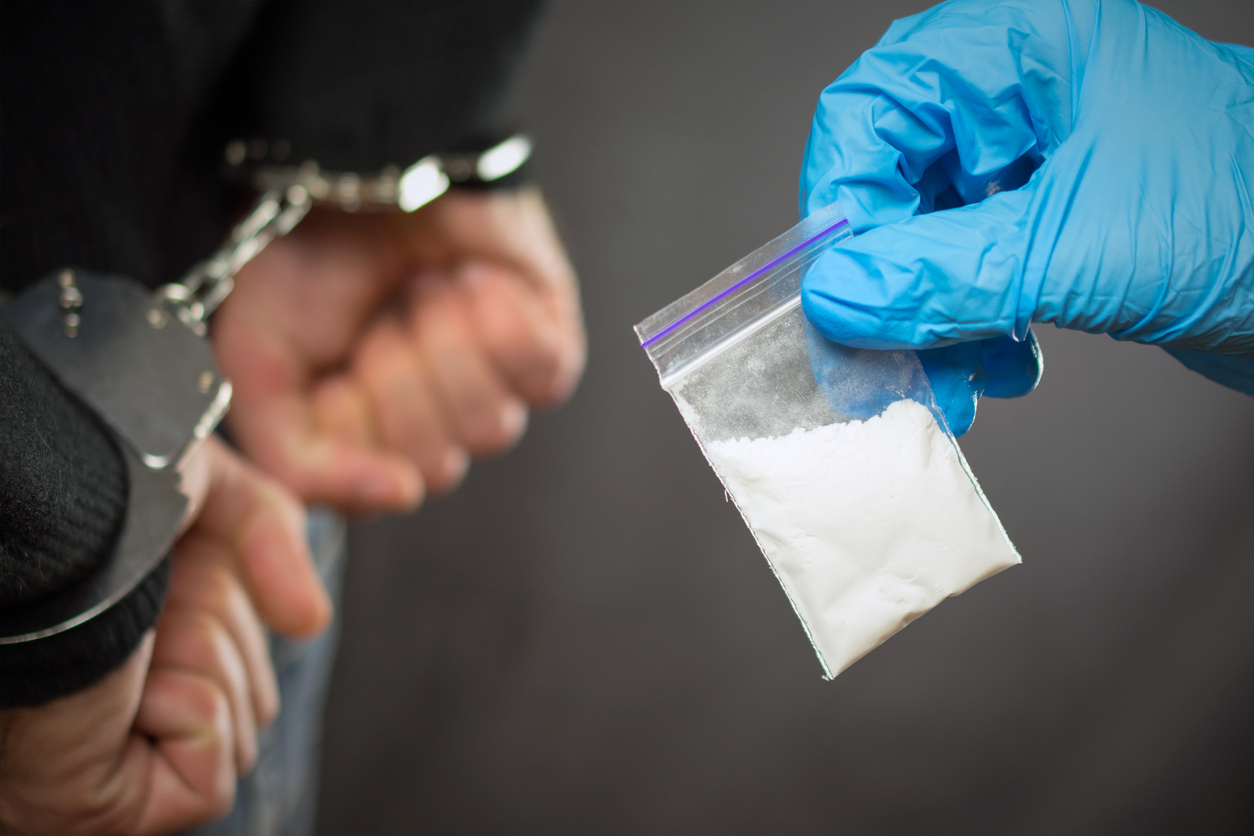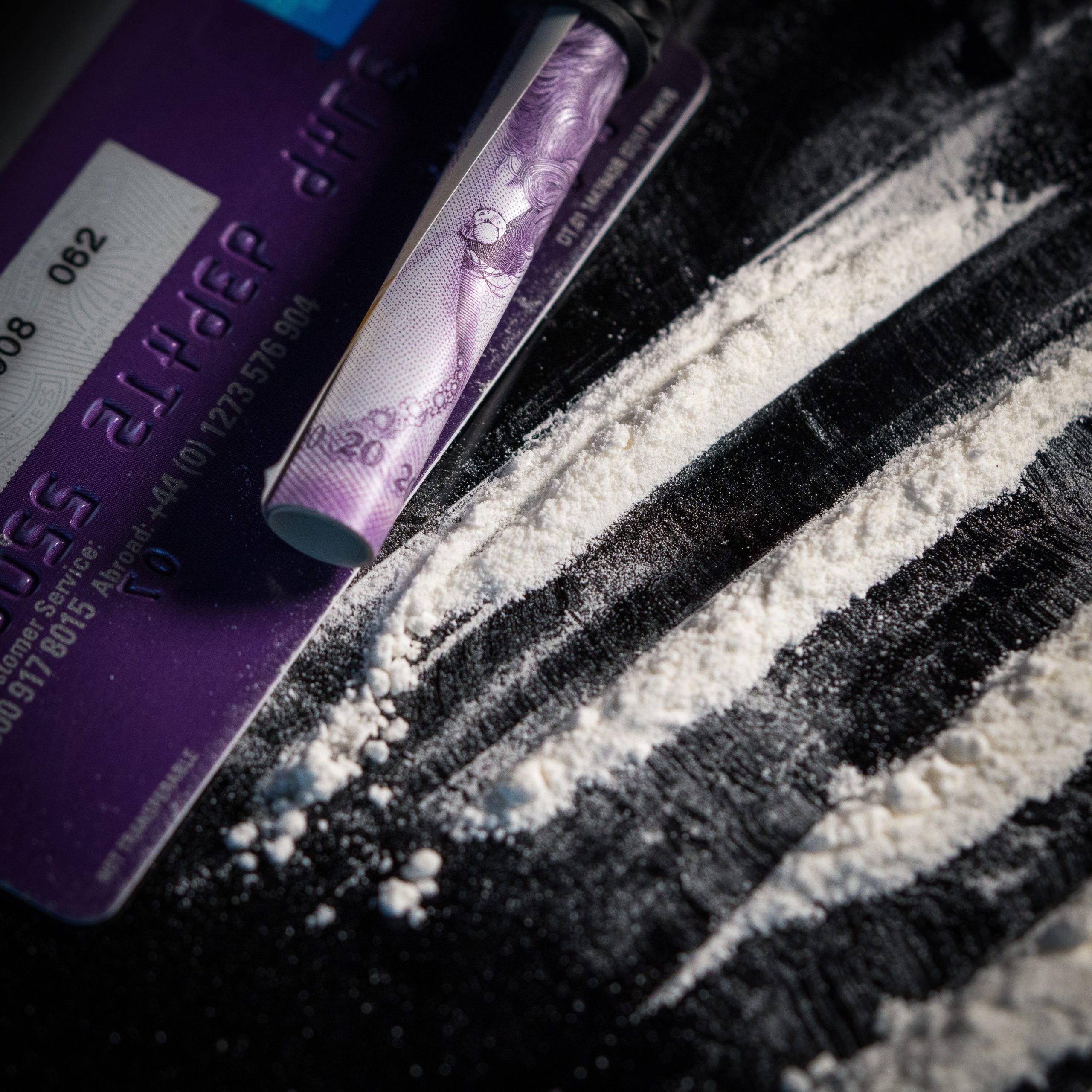
Cocaine addiction is a severe and complicated disease that occurs among individuals from all walks of life. If you or your loved one is struggling with cocaine, the following facts should be known about cocaine use, how it contributes to its tremendous addictiveness, and ways to seek assistance.
This guide defines cocaine addiction using understandable and straightforward terms and includes realistic ways we can get out of it by treating and recovering.
Skip To
Table of Contents
What Is Cocaine Addiction?
Cocaine addiction is a specific type of substance use disorder. It usually needs thorough treatment alternatives to overcome the physical and emotional components of the dependency. Cocaine use disorder is a huge problem that thousands of human beings face every day, causing health risks and other issues in their lives.
Cocaine is a powerful stimulant drug. It creates intense feelings of energy, confidence, and euphoria. The bad news is that these effects do not last long, which is what makes many individuals use it repeatedly. With time, the process develops a psychological dependence termed as one of cocaine addiction.
Why Is Cocaine Addictive?
Cocaine directly affects the brain’s reward system. It releases dopamine, a widely-known chemical associated with pleasure. This creates a cycle:
- Use cocaine → Feel high → Crash → Use again to feel better
Repeated use changes brain chemistry. That’s why stopping cocaine can feel impossible without help.
How Addictive Is Cocaine?
Cocaine is considered highly addictive. Some people become addicted after just a few uses. This is because the effect of cocaine on the brain is rapid and intense.
End the Emotional Pain. Get Your Life Back.
Feeling Depressed, Anxious or Struggling with Mental Health Illness? Get Safe Comfortable Mental Health Dual Diagnosis High-Quality Therapy From Counselors That Care. Begin Your Recovery Now.
Hotline: (509) 348-4077

Signs of Cocaine Use and Addiction
When somebody is using, you need to be aware of the signs and symptoms of cocaine addiction so that it will be easier to determine.
- Extreme mood swings
- Rapid speech or talking more than usual
- Increased energy
- Enlarged pupils
- Loss of appetite and weight loss
- Nosebleeds (from snorting cocaine)
- Risky behavior or poor decision-making
- Financial problems linked to buying drugs
Physical and Emotional Symptoms
- Anxiety and paranoia
- Increased heart rate and blood pressure
- Restlessness or insomnia
- Depression during periods without the drug
- Cocaine withdrawal symptoms

Long-Term Effects of Cocaine Addiction
Long-term cocaine effects include both physical and emotional consequences. Chronic use of cocaine is likely to lead to heart attacks, stroke and mental conditions like mood disorders. Cocaine is a potent stimulant and the greater the amount consumed, the greater these risks can be. Possible health risks include the following.
- Heart attack or stroke
- Respiratory issues
- Permanent damage to the nose and sinuses
- Memory problems and cognitive decline
- Relationship and job difficulties
- Cocaine dependency
- Mental health challenges like anxiety or depression

How to Help Someone with Cocaine Addiction
When someone is addicted to cocaine, living with a loved one may be challenging since recovery involves help.
Step 1: Recognize the Problem
Gently point out the changes you’ve noticed. Be calm, caring, and non-judgmental.
Step 2: Encourage Treatment
Explain that addiction is a medical condition. Professional help can make all the difference. Many people feel ashamed about needing treatment and your encouragement matters.
Step 3: Set Healthy Boundaries
There is no way to coerce someone into seeking assistance, but you can protect yourself. Do not indulge them in enabling behavior, such as covering up their wrongdoings or rewarding them with money.
Get Help. Get Better. Get Your Life Back.
Searching for Accredited Dual Diagnosis Mental Health Centers Near You?
Even if therapy failed previously, or are in the middle of a difficult crisis, we stand ready to support you. Our trusted behavioral health specialists will not give up on you. When you feel ready or just want someone to speak to about counseling alternatives to change your life call us. Even if we cannot assist you, we will lead you to wherever you can get support. There is no obligation. Call our hotline today.
FREE 24/7 Dual Diagnosis Mental Health Services HotlineCocaine Addiction Treatment Options
Thankfully, there are proven ways to treat cocaine addiction. An effective treatment program looks into both the physical and psychological aspects.
Common Treatment Methods
Cocaine addiction can be treated through diverse measures that would not only treat physical conditions but would also help to counter behavioral problems. These approaches aim at assisting people facing the problem with cocaine to succeed.
- Medical Detox: It involves a secure and medically assisted withdrawal of cocaine. This is very important because cocaine withdrawal usually involves mood changes, weight loss, cravings and physical symptoms such as high blood pressure and rapid heartbeats.
- Inpatient Rehab: The supportive and orderly upbringing with 24-hour support in care.
- Outpatient Rehab: Treatment while continuing with everyday life responsibilities.
- Behavioral Therapy: Cognitive Behavioral therapy (CBT) and other behavioral therapies assist in transforming negative thinking that is used in cocaine addiction. CBT is commonly included in the treatment of cocaine addiction, and it facilitates long-term recovery.
- Group Support: It can encourage and provide accountability by sharing experiences with others in recovery.
Comfortable Facilities & Amenities
High-Quality Mental Health Services & Behaviroal Health Substance Abuse Treatment
Rehab Centers TourRenowned Mental Health Centers. Serene Private Facilities. Inpatient Rehab Programs Vary.
Mental Health Helpline: (509) 348-4077Proven recovery success experience, backed by a Team w/ History of:
15+
Years of Unified Experience
100s
5-Star Reviews Across Our Centers
10K
Recovery Success Stories Across Our Network
- Low Patient to Therapist Ratio
- Comprehensive Dual-Diagnosis Treatment
- Complimentary Family & Alumni Programs
- Coaching, Recovery & Development Events
- Comfortable Onsite Medical Detox Center
Why Professional Treatment Is Important
Some individuals also attempt to stop “cold turkey,” however, with the assistance of medical professionals, it is much safer to recover from the addiction long term. The cocaine withdrawal may involve severe cravings, mood swings as well as depression.
Frequently Asked Questions (FAQs)
-
In Spokane Valley, Washington, where do you go to be treated for cocaine addiction?
We Level Up Washington in Spokane Valley provides an individual approach to treatment for cocaine addicts. Our group offers detoxification services, treatment, and ongoing support for lifelong recovery.
-
What are some treatment options for cocaine addiction in the area of Liberty Lake, WA?
Liberty Lake residents would also be within a short drive of the city of Spokane Valley, where We Level Up can provide a comprehensive addiction treatment program.
-
Where can I receive treatment for cocaine addiction in Post Falls, ID?
We Level Up Washington is a professional cocaine addiction treatment program serving people in Post Falls and adjacent communities.
-
How long does cocaine addiction treatment last?
Treatment length varies. Some programs run in 30 days, while others take 60 days or 90 days on a case-by-case basis.
-
Can cocaine addiction be cured?
It does not have an easy fix, but the cocaine addiction may be addressed successfully with the help of therapy, support, and long-term recovery strategies.
-
Is cocaine withdrawal dangerous?
Withdrawal from cocaine is not generally life-threatening but can include emotional upset, fatigue, depression, and compulsive behaviors. Medical detox can help manage these symptoms.
How to Choose a Cocaine Addiction Treatment Center
The decision on a cocaine addiction treatment facility can be vital to the process of recovery. Regardless of whether you need assistance with cocaine use disorder or how to deal with the effects of long-term cocaine use, such as withdrawal symptoms, it is paramount to find the right facility.
When looking for a cocaine addiction treatment, consider:
- Accredited Facilities: Ensure the center is licensed and meets the necessary qualifications.
- Customized Treatment Plans: Each person’s recovery journey is unique.
- Aftercare Support: Long-term recovery often requires follow-up care.
- Experienced Staff: Therapists and medical professionals play an essential role.
Final Thoughts
Cocaine addiction can be extremely hard to face; however, recovery is possible. If you are suffering or trying to support a loved one, know that help is available.
We Level Up Washington is a place in Spokane Valley where our patients can receive compassionate care based on evidence-based practices. We provide support at every step of the way for our programs, which are designed to meet your individual needs.
When you’re ready to begin the healing process or would like to learn more about what you can do, please get in touch with us as soon as possible. Cocaine addiction does not mean that you have to go at it alone; a loving support network and solutions are closer than you imagine.
World-class, Accredited, 5-Star Reviewed, Effective Mental Health Dual Diagnosis Programs. Complete Integrated Inpatient Rehab with Free Post Discharge Therapy Planning.
Hotline: (509) 348-4077End the Emotional Pain Rollercoaster. Gain Stability & Happiness Through Recovery Treatment. Start Mental Health Counseling Today. Get Free No-obligation Guidance by Behaviroal Health Specialists Who Understand Mental Health Recovery.
Summary
Call today to speak with our team and learn more about our programs. We Level Up Washington: (509) 348-4077. Your next step starts here.

